For the longest time, motherhood was a blind spot within the broader feminist discourse. Second-wave feminists, however, broadened the debate to include not just equal access to opportunities but also a critique of socio-cultural gender roles. Their work included advocating for reproductive rights, childcare support, and policies that supported working mothers. While motherhood has functioned as a uniting element w.r.t. claiming women’s rights, it has also been weaponised to discriminate amongst themselves.
In the 1970s, Adrienne Rich, a radical feminist, famously distinguished between “motherhood” and “mothering.” According to her, mothering could be seen as a source of immense power, as it validated the lived experiences of women as mothers, while motherhood—as an institution—was nothing but a carrier of patriarchal values aimed at repressing women.
Feminism and motherhood, revisited
The concept of motherhood beyond its conventional boundaries of self-sacrifice, nurturing and dedication to familial obligations is a multifaceted experience that intersects with themes of agency, autonomy and identity. Indeed, the relationship between feminism and motherhood is complex.
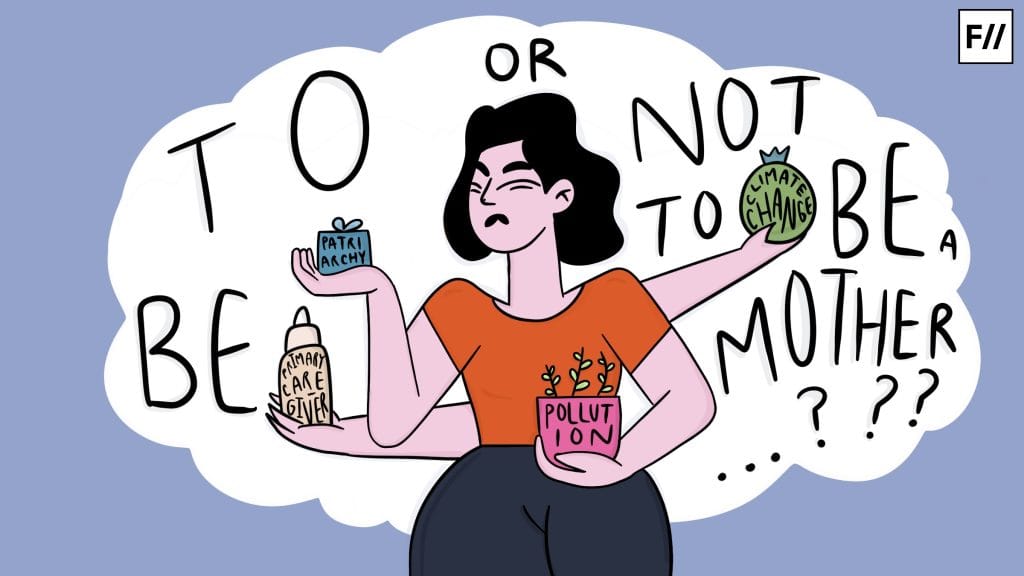
Linking motherhood to the gender, social, and economic structures challenges the assumption of a universal concept and experience of motherhood, and it calls attention to distinct kinds of discrimination endured by mothers.
Civil rights advocate and critical race theory scholar Kimberlé Crenshaw coined the term “intersectionality” a concept that is widely seen as a foundation of third- and fourth-wave feminism. Crenshaw argued that because the identity of women of colour encompasses both gender and race, they can be marginalised simultaneously by both identities. In the same vein, experiences of mothering must be informed not just by gender but also by other systems of oppression such as caste, class, sexuality, ability, etc.
Essentially, third-wave feminism foregrounded the multivocal narratives that illustrate an intersectional vision of feminism, thereby rejecting the perceived incompatibility between motherhood and female empowerment.
In 2016, Andrea O’Reilly published her seminal book “Matricentric Feminism” through which she argues that “the category of mother is distinct from the category of women and that many of the problems mothers face—social, economic, political, cultural, psychological, and so forth—are specific to women’s role and identity as mothers.”
O’Reilly has rightfully asserted that motherhood “is the unfinished business of feminism.” Through the concept of matricentric feminism, she not only equates social justice with female empowerment but also explores the multiplicity of mother work experiences across ability, age, class, culture, gender, sexuality, etc.
Motherhood is by no means uniform. The social construction of motherhood is a narrow and regressive concept that does not encapsulate the complexity of the experiences of women who have children. While the institution of motherhood is invisible, women nevertheless feel the real and harmful stresses as practicing mothers.
One of the most significant elements of motherhood they identify is the prejudicial stereotype of the “ideal mother.” Most women in India internalise this glorified burden of motherhood to remain socially acceptable. Thus, the gender, marital status and sexuality of such mothers are analysed on their behalf. Even their fertility status ends up scrutinised. Where does that leave adoptive, disabled or single mothers? How are women who don’t wish to or those who can’t reproduce supposed to channel their sense of agency and autonomy in a society that venerates the numerous “guidelines” surrounding motherhood?
Matricentric feminism understands motherhood to be a socio-cultural product and situates mothering more as a practice than an identity. It challenges the assumption that maternity is natural to women and that the work of mothering is driven by instinct rather than intelligence and developed by habit rather than skill.
An adoptive mother’s fight for justice
Adoption instils meaning and purpose in the lives of many women who volunteer to adopt, whether they are fertile or not. Moreover, progressive urban couples also swear by adoption on the grounds of humanity and environmental protection.
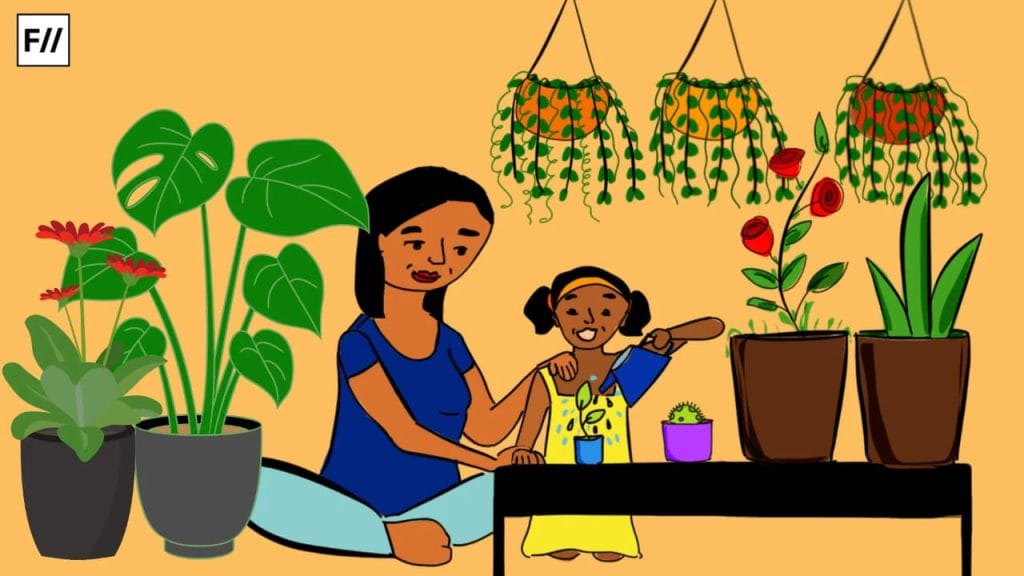
When Hamsaanandini and her husband took the adoption route, they were recommended to adopt a pair of siblings, to which they readily agreed. Soon after, Hamsaanandini sought maternity leave from the law firm she was employed by. To her surprise, she was permitted only six weeks’ leave since her children were above three months of age. Feeling aggrieved, Hamsaanandini filed a writ petition in the Supreme Court (SC) to challenge the constitutionality of Section 5(4) of the Maternity Benefit (Amendment) Act, 2017.
According to the extant provision, a person must be an adoptive parent of a child under three months to avail maternity leave of 12 weeks. The same amendment, however, permits 26 weeks’ leave to biological mothers. Such a socio-legal prejudice portrays that social motherhood and adopted children are somehow inferior to biological motherhood and biological children.
Nanduri’s petition argues that the current policy violates Article 14 (right to equality), Article 19 (1) (g) (freedom to practise any profession or to carry on any occupation or trade) and Article 21 (right to personal liberty) by unfairly discriminating against adoptive mothers through restrictive benefits based on the child’s age.
The Act categorically discriminates between biological and adoptive mothers, adding fuel to the myth that adoptive mothers have it easier due to their absence of pregnancy or labour. This perspective illegitimises the emotional labour that adoptive mothers endure.
Furthermore, single adoptive mothers do not have the luxury to go on unpaid leave or quit their jobs. It is unfair that such mothers must take care of a child 24×7 without any paid leave or support system. Consequently, single mothers end up bearing the extra brunt during the critical initial months post-adoption.
Legally speaking, any exception to Article 14 is permitted only if a discriminatory act serves a justifiable purpose. Last November, the SC directed the Centre to clarify the current policy on maternity benefits. Justice Pardiwala noted that the intent of maternity leave must be to allow a mother, adoptive or biological, to care for her child.
Through her petition, Nanduri further argued that the policy contradicts the procedures laid down in adoption laws, namely the Juvenile Justice (Care and Protection of Children) Act, 2015, and Adoption Regulations by the Central Adoption Resource Authority (CARA). As per the latter, abandoned or orphaned children, depending on their age, must be declared legally free for adoption within two to four months by the Child Welfare Committee. In the case of voluntarily surrendered children, parents are given a 60-day time frame to reconsider before the child can be declared legally available for adoption.
Considering the highly prejudiced and arbitrary statutory requirement, eligible parents may opt for newborns and infants, which brings up the issue of discrimination amongst adopted children. The age condition is therefore a significant flaw in the Act because it is legally impermissible to adopt a child under three months of age due to administrative delays.
Besides, the Act works against child welfarism by failing to cater to the needs of adopted children, including those with special needs. Post-adoption, many children experience strong emotions such as grief and loss due to separation from their old caregivers. Unlike a newborn baby, older adopted children are prone to feelings of anxiety and stress within new environments and thus need a considerable amount of time to feel comfortable with and emotionally supported by their new caregivers. Moreover, the lack of a viable parental leave is bound to discourage parents from adopting children with special needs, as they may require multiple doctor visits during the initial weeks.
To this end, the Maternity Benefit (Amendment) Act fails to meet the needs of both the parents and the children.
Normalising the many ways of mothering
Although adoption laws in India do not restrict disabled couples from choosing the adoption route, deep-rooted ableism and the stigma around it make the entire process quite taxing.
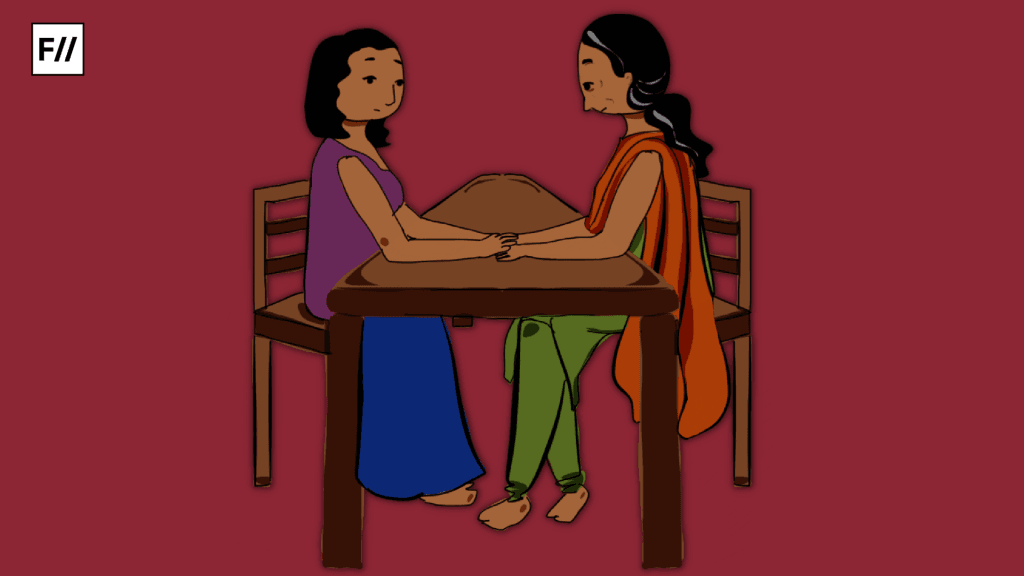
Jeeja Ghosh created history in 2018 by becoming India’s first cerebral palsy-afflicted adoptive mother, only after facing long waiting periods and numerous rejections. Since the disability affects motor skills and thus her ability to maintain balance and posture, the Adoption Centre had initially declined the couple’s application despite their stable careers, proof of family support and the mandatory clearance from a gynaecologist. At last, the Central Adoption Committee in New Delhi had come to their rescue, with Ghosh welcoming her daughter into her life after two long years.
Unfortunately, the “women with disabilities (WWDs) themselves need care” stereotype, along with the “ideal mother” narrative, creates an impossible standard for WWDs that renders mother work much more challenging.
Additionally, the ‘best interest of the child,’ principle accompanies the question of WWDs’ agency to become mothers, which goes against the premise of Matricentric Feminism’s call for a shift from a child-centric narrative to a maternal one.
Due to lack of financial support from the government, disabled mothers from lower-income groups often face difficulties in not just caregiving assistance for their children but also for disability-related expenses, such as medication, adaptive equipment, transportation and housing modifications.
While the Rights of Person with Disabilities (PWD) Act, 2016, makes a provision to support WWDs for livelihood and the upbringing of their children, it does not steer the government to provide any assistance to disabled mothers.
Similarly, while Kerala, Maharashtra and Karnataka have pension schemes to support caregivers of disabled persons, WWDs are not accorded the same support for accomplishing their childrearing needs. Although state-sponsored loans and public-sector employment exist for disabled persons, there is an absence of targeted support for disabled mothers, including single mothers.
In essence, disabled mothers have been ghettoised despite the expert guidance of General Comment No. 3, adopted by the UN Committee on the Rights of Persons with Disabilities (CRPD), that highlights WWDs’ right to establish a family and be provided with appropriate assistance to raise their children.
International law, policy and missed opportunities
The current policy is grossly incompatible with India’s international obligations. For starters, India is yet to ratify the International Labour Organisation’s Maternity Protection Convention, 2000, which calls for a paid maternity leave not less than 14 weeks.
Concerning maternity leave benefits, India’s policy violates Article 11 and Article 16 of the Convention on the Elimination of All Forms of Discrimination Against Women (CEDAW), 1979, which protects adoptive mothers’ right to non-discrimination at the workplace and their right to non-discrimination in family life, respectively.
W.r.t. disabled mothers, Article 5 of CEDAW, in conjunction with the Convention on the Rights of Persons with Disabilities, directs states to address stereotypes that enable discrimination against WWDs seeking to adopt.
Although India ratified CEDAW in 1993, it is yet to sign the Optional Protocol, which acts as a mechanism for individuals or groups to report violations to the CEDAW Committee. This further allows for investigations into such violations, ensuring state accountability and a pathway for redress.
G7 countries like the UK, Japan and Italy treat adoptive mothers and biological mothers equally in terms of maternity leave. In the UK, adoptive mothers are entitled to 52 weeks’ Statutory Adoption Leave along with a Statutory Adoption Pay for 39 weeks. Additionally, while Japan permits a 26 weeks’ paid leave, Italy offers a leave of up to 5 months.
Motherhood of every shade and hue matters
Adoptive mothers challenge us to redefine who a ‘real,’ mother is, while disabled mothers make us question the very notion of what is “normal.” Single mothers, in a league of their own, defy socio-cultural norms. Their unified fight is against the “othering” of their unique lived realities.
Only the upending of conventional narratives that have stigmatised such mothers until now can emancipate and empower them. What they really need is a more inclusive and nuanced portrayal of motherhood that explores the pleasures, pains, and paradoxes of their maternal experiences.
Only when their separate identities as mothers, workers and citizens shall be allowed to prosper in tandem will they be in a better position to garner support in their homes, workplaces, public policy and the society at large.
Thus, an equitable and intersectional approach towards feminism promises to allow women as mothers the opportunity to garner the attention and representation they deserve.
References:
- https://behanbox.com/2021/12/02/who-gets-to-be-a-mother-how-disabled-women-are-absent-in-the-idea-of-motherhood/
- https://behanbox.com/2022/03/21/how-maternity-leave-policies-discriminate-against-adoptive-mothers-and-children/
- https://ohrh.law.ox.ac.uk/are-adoptive-mother-entitled-to-get-maternity-leave/
- https://www.indiatoday.in/india/law-news/story/maternity-benefits-for-adoptive-mothers-supreme-court-asks-centre-2632272-2024-11-12
- Swagata Raha and Shampa Sengupta, ‘Rights of Women with Disabilities under Indian legislations’ (2018) 14(2) Socio-Legal Review 190
- Takševa, T. (2018). Motherhood Studies and Feminist Theory: Elisions and Intersections. Journal of the Motherhood Initiative for Research and Community Involvement, 9(1). Retrieved from https://jarm.journals.yorku.ca/index.php/jarm/article/view/40489
- O’Reilly, A. (2019). Matricentric Feminism: A Feminism for Mothers. Journal of the Motherhood Initiative for Research and Community Involvement, 10(1/2). Retrieved from https://jarm.journals.yorku.ca/index.php/jarm/article/view/40551
- https://ijpsl.in/wp-content/uploads/2021/07/Rethinking-Motherhood-A-Feminist-Exploration-of-Social-Construction-of-Motherhood-in-India_Tanvi-Kapoor.pdf
- Powell, T. (2024). A Case for Motherhood as an Intersectional Identity: A Feminist’s Labour of Love. Journal of the Motherhood Initiative for Research and Community Involvement, 14(2), 14. Retrieved from https://jarm.journals.yorku.ca/index.php/jarm/article/view/40689
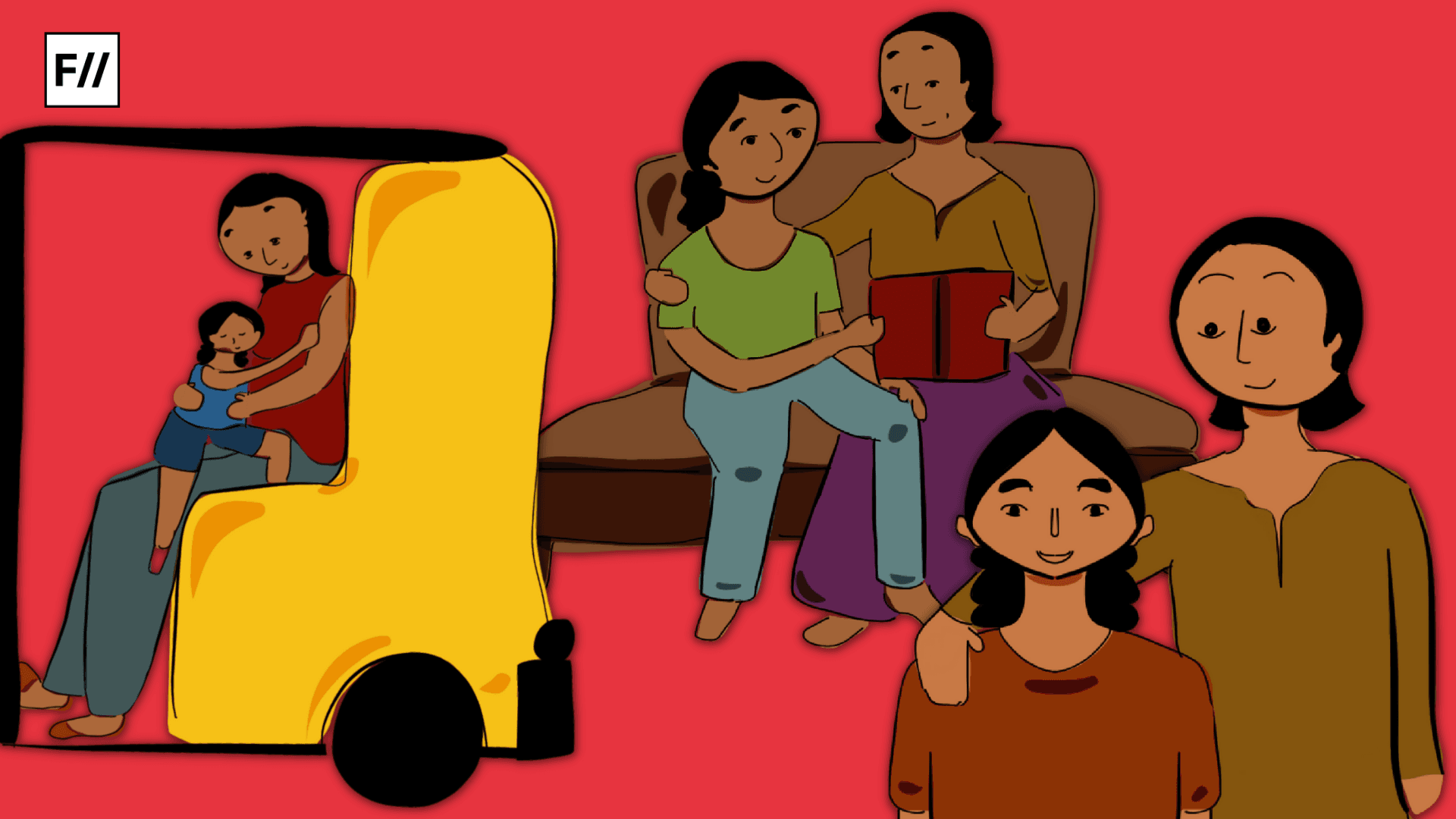
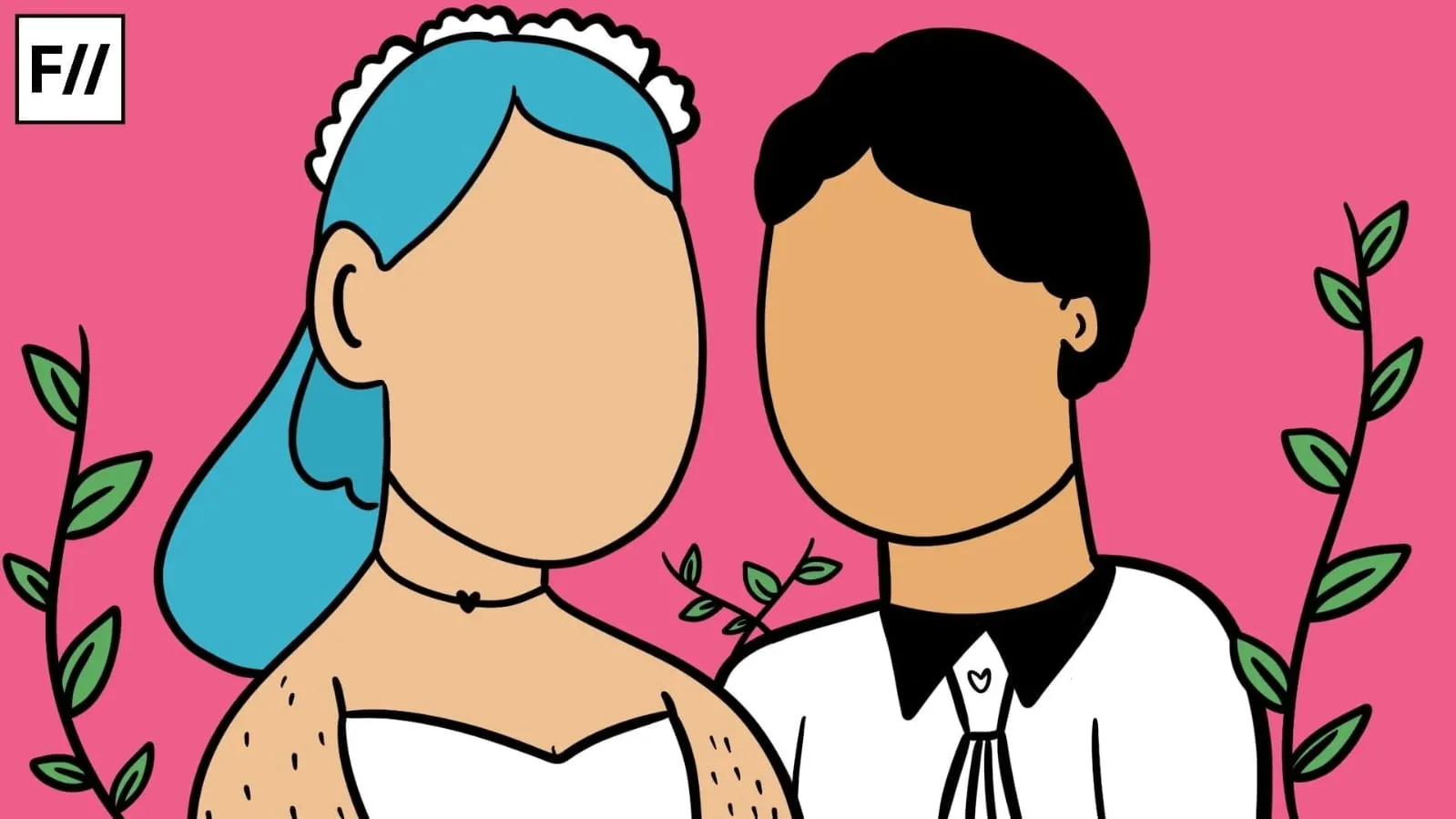
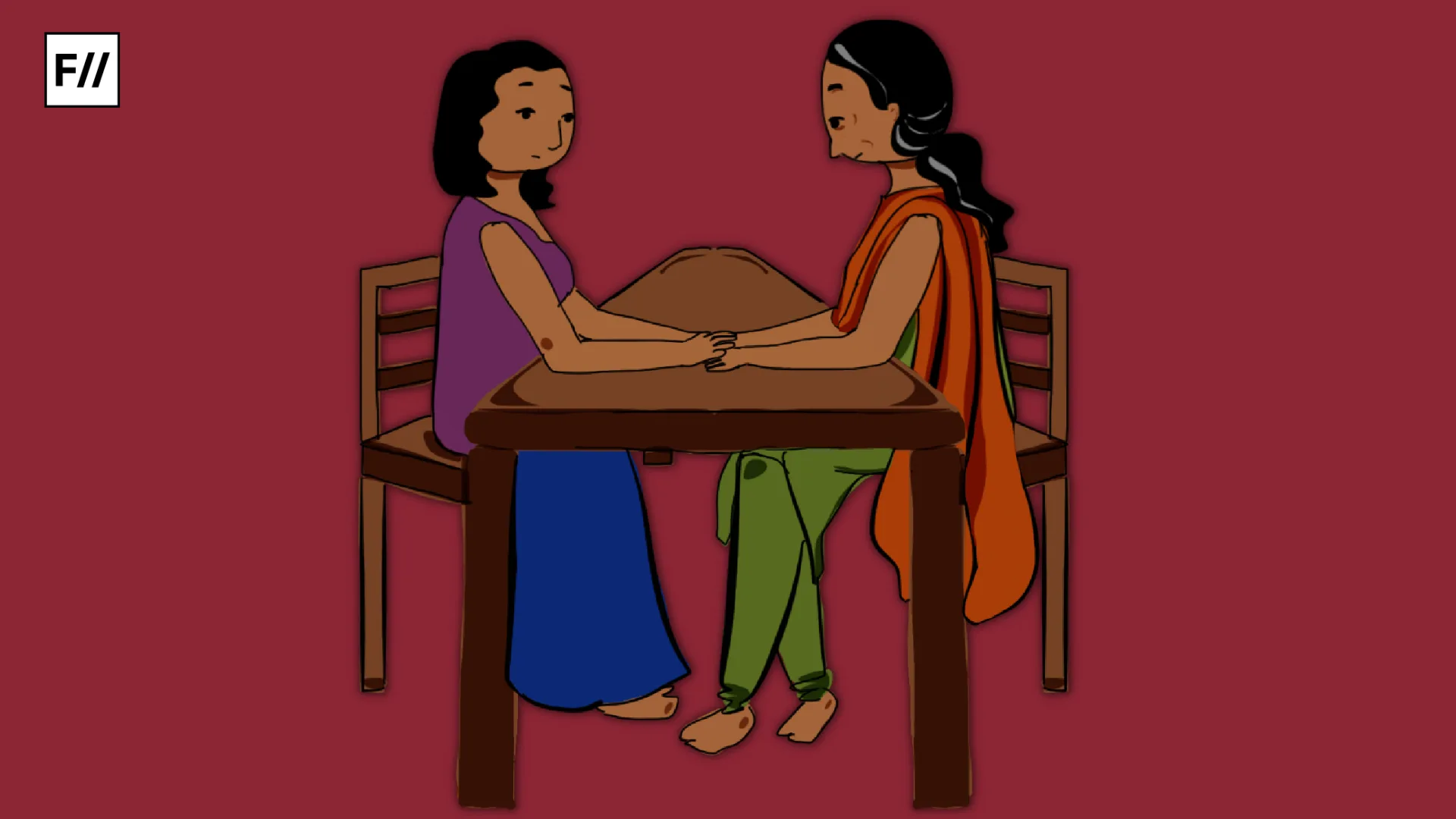
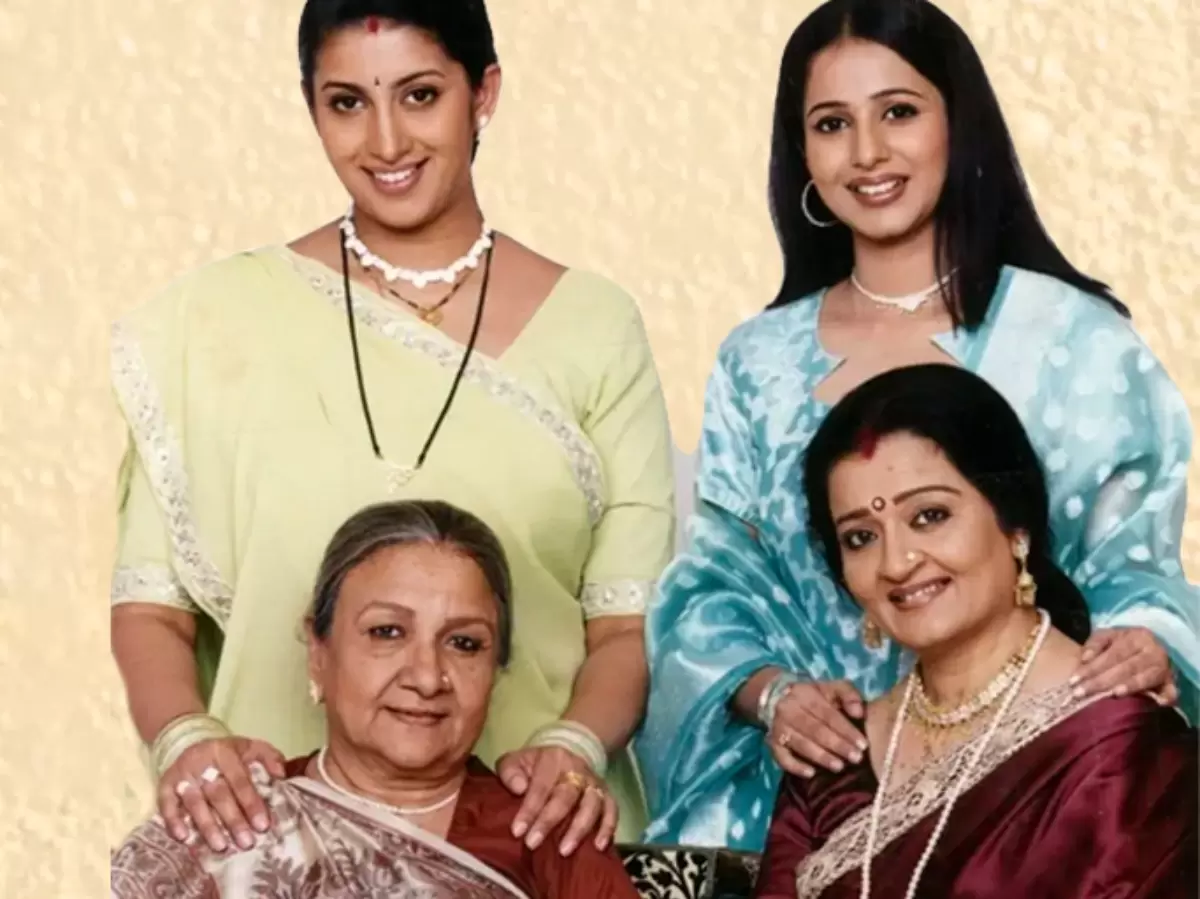

Very good article. congratulations.
Much power to you, for highlighting something that is overlooked! So important to center mothers in feminist conversations especially in India where their struggles are often invisible. Really thoughtful piece!
A concerning issue, a great write up and well articulated from start to finish.